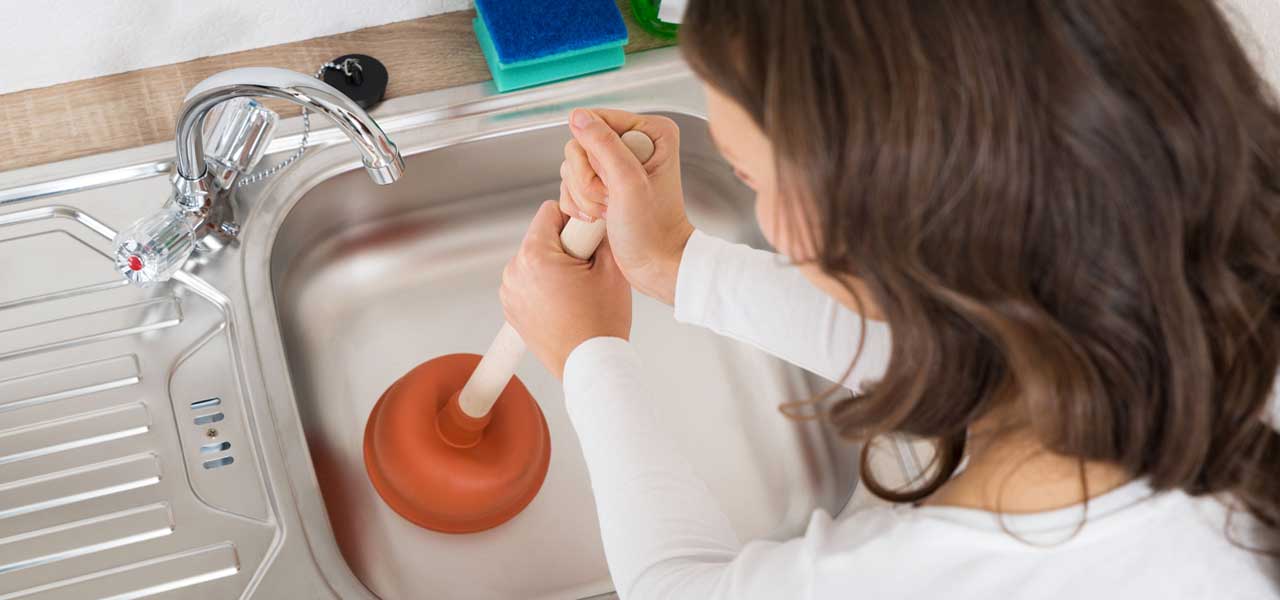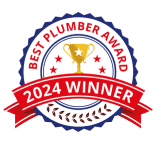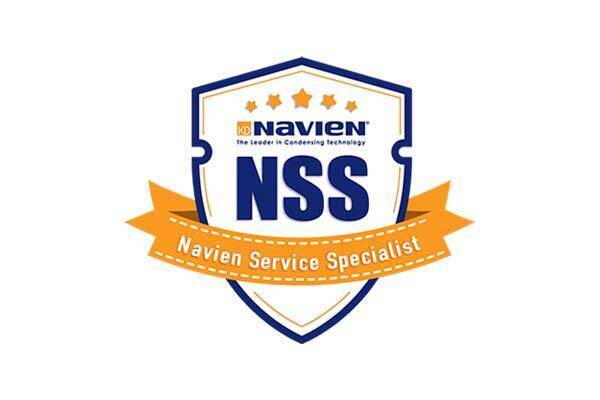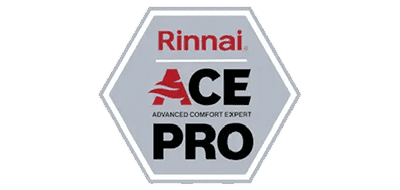Professional Clogged Sink Repair in Houston
Be honest. How often have you ignored a slow-draining sink or bathtub only to have it become completely clogged later? We all do it. You were holding on to a secret hope that the build-up of dirt, hair, soap, and shampoo residue will miraculously dissolve and go away on its own. Of course, it never goes that way, and you end up standing shin-deep in dirty shower water wishing you had done something about that slow drain.
Why Do Drains Clog?
This one’s easy. Drains clog as a direct result of what we put into our toilets, sinks, showers, bathtubs, washing machines, dishwashers, and garbage disposals. Every bit of food waste, soap residue, dirt, and scores of unmentionables is pulled into our drain and sewer lines, often leaving behind a sticky film that adheres to the pipe walls, restricting water flow.
Over time, this film will collect more and more waste residue, reducing the pipe’s overall diameter from the outside walls inward until there is a complete blockage of the line. An individual drain can become clogged in the kitchen from putting too much food waste in the garbage disposal. Bathroom drains, mainly shower drains, become clogged with hair and other debris. Backups in multiple drains are an indication that your main sewer line is blocked.
The culprit of these clogs is usually the same from one house to another. Homeowners often ask too much of their drain and sewer lines, from using too much toilet paper, flushing paper towels, and the various other foreign objects that find their way into our drainage systems.
What Shouldn’t I Do with a Clogged Sink Drain?
Many homeowners have the same instinct when confronted by a clogged sink drain, and that is to reach for a chemical clog buster like Drano or Liquid Plum’ r. Don’t do that! Chemical-based drain cleaners are hazardous, not only to your health but also the health of your plumbing. A quick look at the list of active ingredients in a chemical drain cleaner reveals caustic agents like sulfuric acid and sodium hydroxide (lye). If misused, the compounds in these chemical-based drain cleaners can burn your skin or cause serious respiratory injuries from the associated fumes’ inhalation.
What Can I Do to Prevent Sink Drain Clogs?
As an alternative to relying on a chemical-based cleaner when you have a clogged drain in your sink, try maintaining your pipes before a clog forms by using an enzyme-based drain cleaner. These eco-friendly cleaners use live bacteria to eat away all that icky sludge that lives in your drainpipes, causing clogs. Biologic-based drain cleaners like Bio-One use naturally occurring enzymes to dissolve grease, hair, and other residues that collects in your drains.
The benefit of a once-a-month biologic drain cleaner application is that there are no harsh chemicals like lye or phosphoric acid to eat away at your pipes, as it clears the clog. In addition to the damage they can cause to your plumbing, chemical-based drain cleaners can splash and cause severe burns and various illnesses from the toxic fumes they emit.
How Do I Repair a Clogged Kitchen Sink Without a Plumber?
Being able to take care of a sink or tub drain clog can be a point of pride for many folks. There are many DIY approaches a homeowner can take to repair a clogged kitchen or bathroom sink drain. Most of these techniques shouldn’t have too much of a negative effect on your plumbing, no matter how you approach them.
- Boiling Water: The first method is also the easiest to accomplish, requiring only a pot and some water. And some heat. Use that heat to boil the previously mentioned water (in the pot, of course), and pour it down the drain, allowing it to sit and hopefully break up your clog. Once the boiled water has drained out of the sink, follow it up with a stream of hot tap water for several minutes.If you have PVC kitchen drainpipes, we don’t recommend using the boiling water technique. PVC pipes can only withstand temperatures up to 175 degrees, and the heat of the boiled water could damage the pipe structure. If you’re unsure of the presence of PVC pipes, take a look under the sink for white plastic drain lines from the sink. If you’re still uncertain after looking, its probably best to skip this step.
- Baking Soda and White Vinegar: I’m sure everyone reading this has, at some point, mixed baking soda and vinegar for an elementary school science project either for yourself or your children. But did you know that this fun concoction can also help clear your drain in the event of a clog?Get rid of as much standing water in your sink as possible and pour a full cup of baking soda into the drain. Use a spoon or your fingers to get as much of the powder into the pipe as you can and follow it up with a full cup of white vinegar. Use a drain stopper or even a plate to cover the drain, and let the mixture work its magic for fifteen to twenty minutes. Remove the drain stopper and flush with hot water until the drain flows freely.
- Plungers: In instances where a clog is particularly stubborn or is located further down the drainpipe than the above methods can reach, a plunger can be a practical clog busting tool. There are several types of plungers for in-home clog related emergencies, but the one best suited for sink clogs is the standard flat plunger. Allow the affected sink to fill about halfway and place the plunger over the drain opening and pump it several times. Repeat until the water flows freely from the drain, or until frustration sets in from the realization that this option may not work either.
- The Coat Hanger as a Plumbing Snake: Quite often, taking care of our homes requires creativity, cunning, and more than a little bit of ingenuity. Since the beginning of time, man has had to craft his tools out of easily obtainable materials. What’s more easily obtained than a coat hanger from the hall closet? In its natural state, the coat hanger is not the most helpful tool in the box, but when straightened out and inserted into a clogged drain, it can work magic. Using the coat-hanger-snake to break up the clog from the inside of the pipe, it’s possible to free up enough of the blockage to allow the rest to be flushed away.
Once you’ve either exhausted all these drain clearing options and yourself, it may be time to concede defeat and call a licensed, experienced plumber to clear your drain clog. Nick’s Plumbing Service has been clearing drains in Houston and the surrounding communities for over four decades.
What Do Plumbers Use to Unclog Drains?
Whether your toilet isn’t flushing or your sinks aren’t draining, plumbing problems will happen from time to time, and sometimes require the expertise of a plumber to rectify them. There are various tools a plumber will use to clear your clog. The specific tools used will depend on the clog’s extent and where it is located.
- Manual Drain Snakes– A drain snake, also known as a plumber’s snake, is a small auger that rotates as it’s physically pushed through the clog. Manual drills are especially useful in clearing simple drain or toilet clogs, dislodging debris, and allowing them to pass through the sewer system.
- Motorized Drain Snake– A motorized drain snake is brought onto the job site when a manual drain snake can’t get the job done. Usually, a motorized drain snake will be inserted into a sewer cleanout port outside of your home. Motorized augers have a maximum reach of around one hundred and fifty feet and can clear much larger clogs than a manually operated snake.
- Hydro-Jetting Machine– If your plumbing technician has performed a drain cleaning with a motorized auger and had no success, they will perform a video inspection of your sewer lines. If a blockage is detected further down your sewer line, hydro-jetting service is often recommended. Hydro-jetting machines use high-pressure water jets to blast away debris in your sewer lines from the inside. The hydro-jetting process is so thorough it restores your drain and sewer pipes to like-new condition.
Avoid the unnecessary and unhealthy hassle and get your drain clog cleared adequately by calling Nick’s Plumbing Service. Our fully trained, licensed plumbing technicians have been clearing drain clogs in Houston since 1979, and our stellar word of mouth and online reputation speaks to the quality of our work!
If you have any questions or need a cost evaluation or second opinion on any drain cleaning maintenance or repair service, call us today.
























